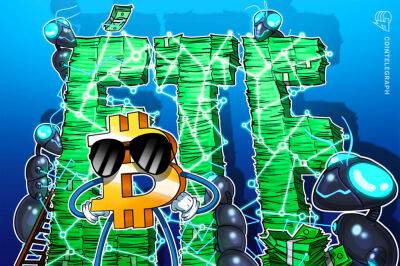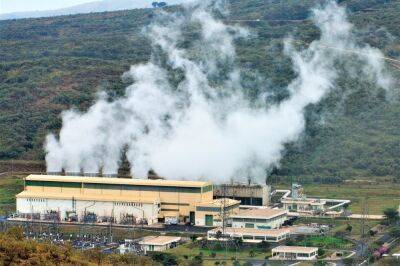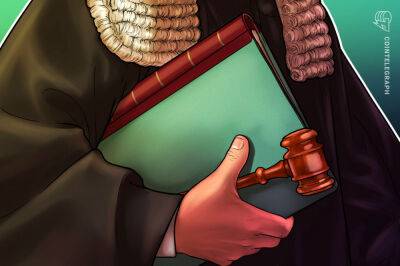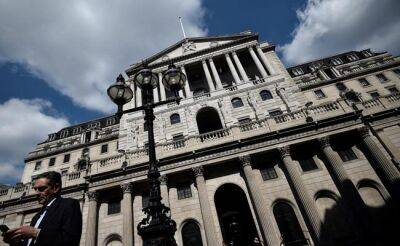Britain plans new safeguards for stablecoins that go bust in wake of Terra's collapse
In this article
Britain wants to make sure stablecoins don't end up threatening the wider financial system following the collapse of controversial crypto project Terra.
The government on Tuesday proposed amending existing rules to manage the failure of stablecoin firms that may pose a «systemic» risk. The proposal is separate from previously announced plans to regulate stablecoins under laws governing electronic payments.
«Since the initial commitment to regulate certain types of stablecoins, events in cryptoasset markets have further highlighted the need for appropriate regulation to help mitigate consumer, market integrity and financial stability risks,» the government said in a consultation paper setting out its proposals.
«The government considers that it is important to ensure existing legal frameworks can be effectively applied to manage the risks posed by the possible failure of systemic DSA [digital settlement asset] firms for the purposes of financial stability.»
Stablecoins are cryptocurrencies whose value is pegged to a traditional asset, most often the U.S. dollar. TerraUSD, a so-called «algorithmic» stablecoin, was meant to follow this arrangement using a mix of code and partial backing from bitcoin and other digital tokens. But it imploded earlier this month, taking an associated token called luna tumbling with it. Panic over the debacle has erased hundreds of billions of dollars from the entire crypto market.
That has, in turn, caused concern for regulators, who are worried about the risks posed by stablecoins to the broader financial system. Tether, the world's biggest stablecoin, saw more than $10 billion in redemptions in the weeks following Terra's collapse, fueling fears of a 2008-style "bank run"
Read more on cnbc.com


 cnbc.com
cnbc.com



















